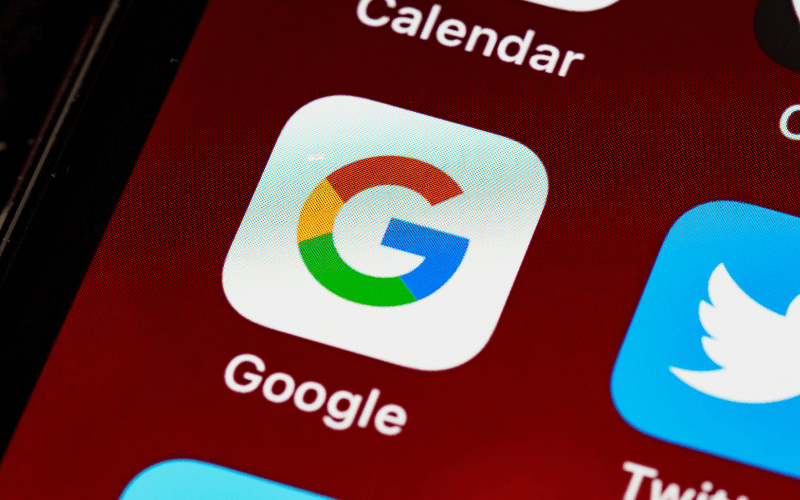In a historic legal reckoning, Google has been found guilty of operating illegal monopolies in both its core businesses: online search and digital advertising. In less than a year, two separate U.S. federal courts ruled that the tech titan violated antitrust laws, signaling a transformative moment in the regulation of Big Tech.
Table of Contents
These back-to-back decisions represent a monumental shift in U.S. antitrust enforcement and could lead to major structural changes within the company and the broader digital economy. This comes as regulators and lawmakers increasingly scrutinize the concentrated power of tech giants across multiple sectors.
Federal Judge Rules Google a Monopoly in Online Search
On August 5, 2024, U.S. District Judge Amit Mehta ruled that the company maintained its dominance in the search engine market through a series of anti-competitive practices. According to the court’s findings, the company paid over $26 billion in 2021 alone to companies like Apple, Mozilla, and smartphone manufacturers to secure default status on devices and web browsers—practices the court found were aimed at locking out competitors and consolidating the company’s grip on users.
These exclusive contracts prevented meaningful competition in the search market, making it virtually impossible for smaller players like DuckDuckGo or Bing to gain market share. The DOJ argued, and the court agreed, that such deals harmed innovation and consumer choice.
Google’s Digital Advertising Empire Also Found to Be Illegal
Fast forward to April 2025, and another blow struck the company, this time in the digital advertising space. In a separate ruling by Judge Leonie Brinkema, the court found that the company had monopolized the ad tech stack, including tools used to buy, sell, and serve digital ads.
The ruling outlined that the company illegally tied its publisher ad server and ad exchange, giving it unfair advantages and allowing it to extract outsized fees from advertisers and publishers. Through strategic acquisitions such as DoubleClick and AdMob, and technical restrictions against interoperability, the company effectively controlled both sides of the digital advertising market.
The decision aligns with findings that the company has been squeezing out competition while maintaining dominance over the end-to-end digital ad pipeline—a market worth hundreds of billions annually.
Department of Justice Proposes Major Remedies
Following both verdicts, the Department of Justice (DOJ) proposed aggressive remedies aimed at unwinding the company’s anti-competitive advantages. Among the most consequential:
- Divestiture of the Chrome browser, which the DOJ calls a “critical distribution point” for Google Search.
- Termination of multibillion-dollar default search contracts with device manufacturers.
- Restrictions on bundling and technical integrations between Google’s ad services and other platforms like YouTube and Google Ads.
The proposed remedies represent one of the most serious regulatory threats Google has ever faced—and could signal the first major breakup of a Big Tech firm since Microsoft in the early 2000s.
Google Responds: Defiant but Strategic
Google has pledged to appeal both rulings, describing its practices as lawful and pro-consumer. The company insists its advertising technology is effective and efficient, benefiting publishers and marketers alike. Regarding search, Google maintains that users choose its platform freely, not because of coercion or exclusivity.
Still, the company acknowledged the legal setbacks and vowed to “continue to defend the innovations that help billions of people every day.”
Wider Implications for the Tech Industry
These decisions could be precedent-setting for future antitrust actions not only against Google but also other tech behemoths like Amazon, Apple, Meta, and Microsoft. The rulings come amid growing political and public pressure to reign in the unchecked power of digital monopolies that control vast swaths of economic activity, information access, and digital advertising dollars.
Many analysts compare this moment to previous watershed cases, such as the 1982 AT&T breakup and the 1998 Microsoft antitrust trial, both of which reshaped the industries they governed.
A Turning Point in U.S. Antitrust Enforcement?
The twin defeats mark a critical turning point in American competition policy, signaling that regulators are ready to move beyond fines and toward structural reform. It reflects a growing consensus that data, algorithms, and platform power deserve the same antitrust scrutiny as oil pipelines and telecom monopolies of past generations.
With further hearings expected in the coming months and the DOJ pressing for aggressive remedies, the road ahead for Google may involve divestitures, major operational changes, and continued global regulatory challenges.
Conclusion:
The tide is turning for antitrust enforcement in the United States—and Google is at the epicenter. These historic rulings reflect a new era where monopolistic behavior in the digital economy will no longer go unchallenged. As regulators across the globe take note, this could be the beginning of a new chapter in the fight for fair competition, innovation, and consumer freedom in the tech industry.
